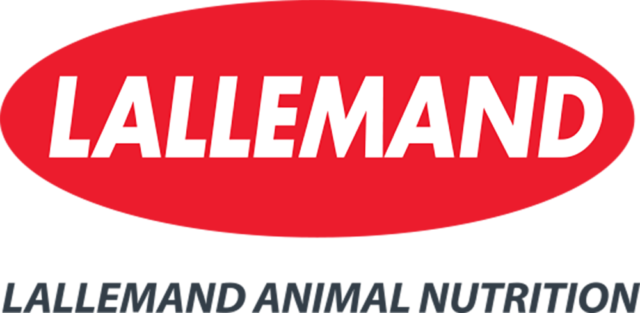U.S. Sen. Tammy Baldwin (D-Wisconsin) introduced legislation designed to prohibit makers of non-dairy beverages and other products from using misleading marketing labels.
The “Defending Against Imitations and Replacements of Yogurt, Milk, and Cheese to Promote Regular Intake of Dairy Everyday Act” (DAIRY PRIDE Act) would require non-dairy products made from nuts, seeds, plants and algae to no longer be mislabeled with dairy terms such as milk, yogurt or cheese.
The bill would require the U.S. Food & Drug Administration (FDA) to issue guidance for nationwide enforcement of these definitions within 90 days. It also would require FDA to report to Congress two years after the bill’s enactment to hold the agency accountable for their enforcement obligations.
FDA regulations (CFR 131.110) define milk as a product of a cow, with a similar stipulation for yogurt and cheese. Though existing federal policy is clear on this subject, FDA has not challenged the incorrect use of the terms “milk,” “yogurt” and “cheese” on imitators that have proliferated during the past two decades, according to dairy industry leaders.
The proposal received the support of the International Dairy Foods Association (IDFA) and the National Milk Producers Federation (NMPF), which together agreed that steps must be taken to defend the integrity of federal food labeling standards and prevent the misbranding of dairy imitators.
“For too long, the FDA has turned a blind eye to the misbranding of imitation dairy products, despite the decades-old federal law that milk comes from animals, not vegetables or nuts,” said NMPF president and CEO Jim Mulhern. “None of these imitators provides the same high quality and quantity of nutrition offered by real milk. Sen. Baldwin’s DAIRY PRIDE Act will simply ensure that FDA enforces current law by requiring marketers of these imitation products to call them something other than milk.”
“These plant-based products are imitations, but they are not substitutes for the comprehensive nutrient package offered by real milk,” said Michael Dykes, president and CEO of IDFA. “The reason we have food standards is to preserve the integrity and consistency of what’s inside the packages. Milk should be milk.”
Baldwin’s legislation came one month after U.S. Reps. Mike Simpson (R-Idaho) and Peter Welch (D-Vermont), supported by a bipartisan coalition of 32 other members of the House, sent a letter to FDA urging the agency to more aggressively police the improper use of dairy terminology.
“Dairy farmers in Wisconsin work tirelessly every day to ensure that their milk meets high standards for nutritional value and quality,” said Baldwin. “Imitation products have gotten away with using dairy’s good name for their own benefit, which is against the law and must be enforced. Mislabeling of plant-based products as ‘milk’ hurts our dairy farmers.”
Dairy farmers agree
Dairy farmers from across Wisconsin, including producer members of Bongards Creameries, Ellsworth Cooperative Creamery, First District Association, Dairy Business Association, Dairy Business Milk Marketing Cooperative, FarmFirst Dairy Cooperative, Mid-west Dairymen's Company and Scenic Central Milk Producers, strongly supported Baldwin’s proposal.
“Finally after all these years, it’s about time someone stands up for the American dairy farmer. We are held to higher quality and animal care standard every year to keep milk safe. It’s not fair that the name milk should be used by non-dairy drinks to further erode what little profit we have,” said Jerry Croes, member of the Ellsworth Cooperative Creamery in Deer Park, Wisconsin.
“While imitation may be the sincerest form of flattery, the increasingly common practice of labeling beverages as milk when they quite obviously are not is wrong and misleading,” said Brad Nevin, dairy farmer and member-owner of Associated Milk Producers Inc. (AMPI) in Rice Lake, Wisconsin.
“The FDA has already clearly defined milk, and liquid from a plant does not fit this definition. Existing regulation should be enforced, reserving the use of the term ‘milk’ exclusively for those products that deliver the nutritional value only found in dairy,” said Mark Frederixon, Blair division manager of Associated Milk Producers Inc. (AMPI) in Blair, Wisconsin. ![]()
– Compiled by PD Staff




